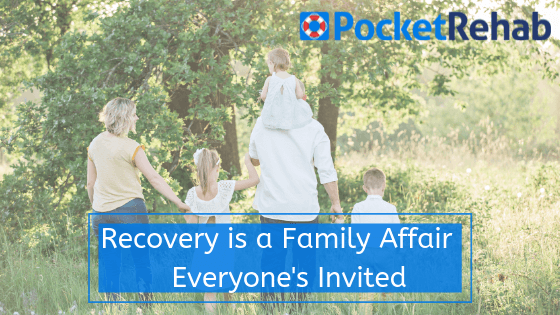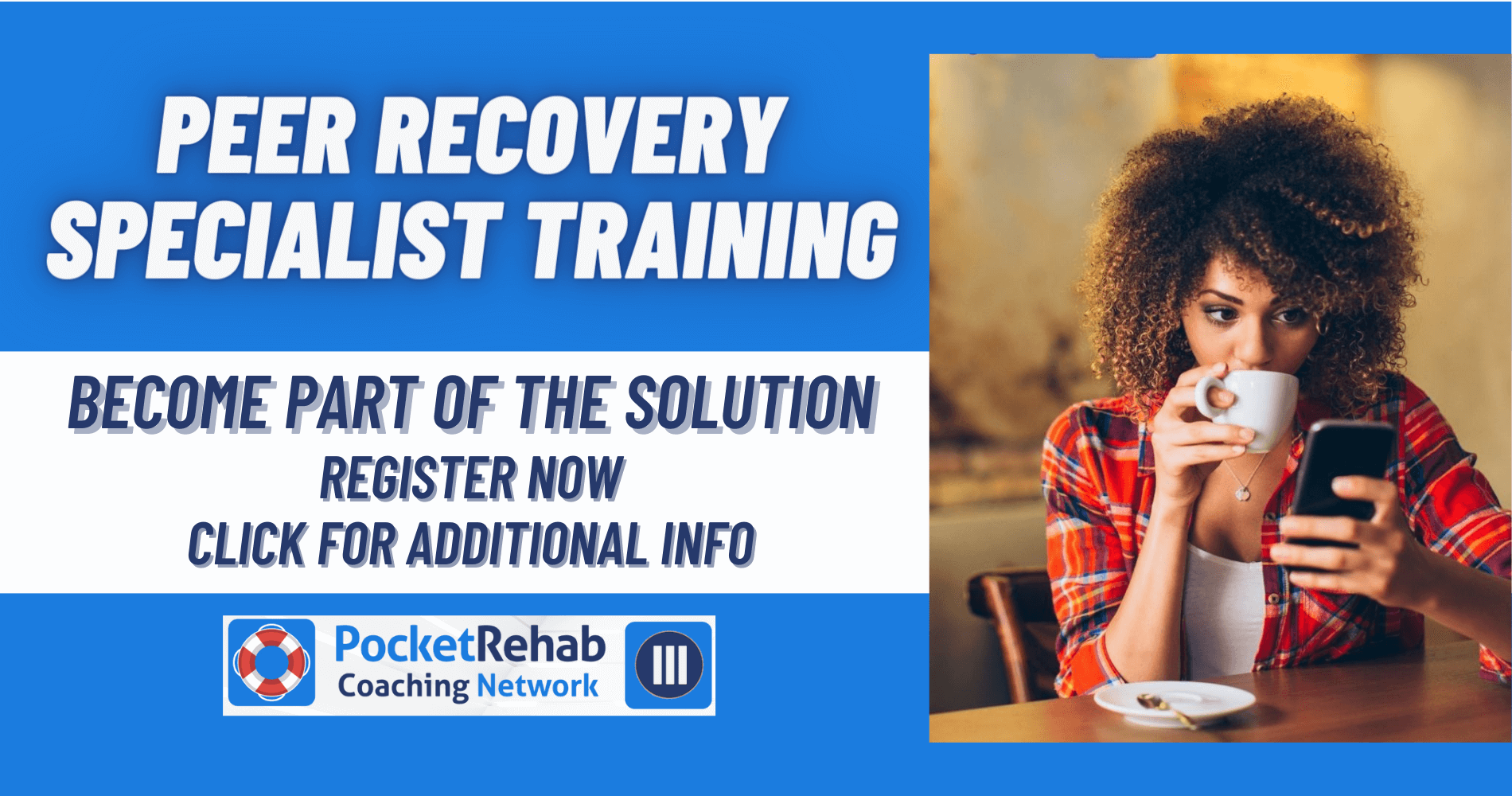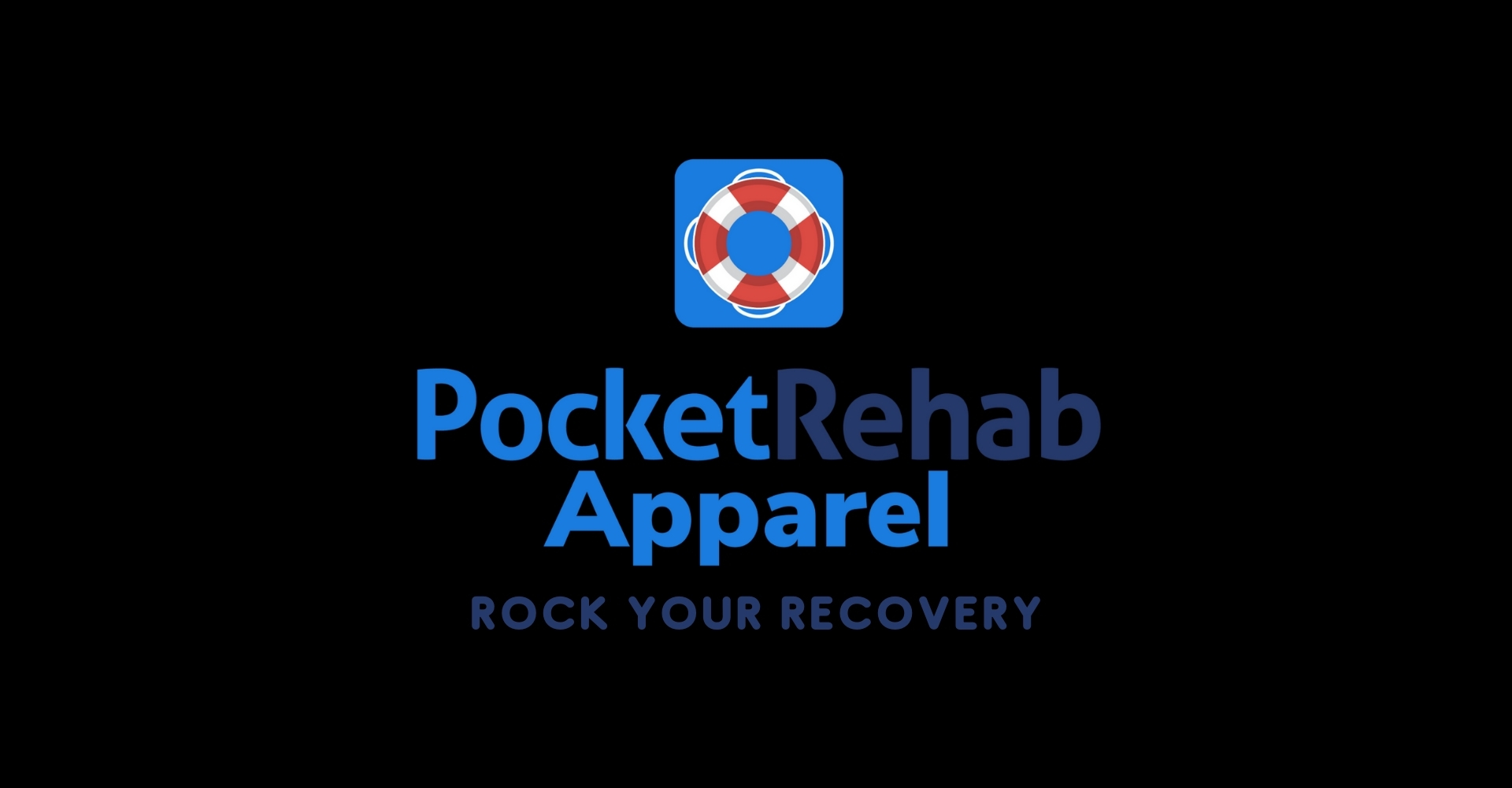Family Involvement in Recovery: Providing Support without Facilitating Relapse

We hear the saying, “Addiction is a family disease,” all the time. But what does it mean? The National Council on Alcoholism and Drug Dependence characterizes addiction as a family disease, stating that it, “stresses the family to the breaking point, impacts the stability of the home, the family’s unity, mental health, physical health, finances, and overall family dynamics.” Addiction disrupts the family system causing harmful effects that can last a lifetime without help. Therefore, in recovery, family involvement is a vital element of the healing process. Unfortunately, many family members do not know how to best offer their support during this difficult time.
Families that live with addiction are under unusual stress. Routines are often interrupted by unexpected events, catastrophe, or fights. What is said is not always done. Family members may manipulate loved ones to get their way and, when addiction is to blame, denial becomes a key element of everyday life. But what happens when the individual that was addicted seeks help? Does the family just heal automatically? Do things go back to normal?
Not necessarily! Normal is no longer “normal” for a family disrupted by addiction. Healing doesn’t automatically take place just because the addiction is removed from the equation. And, in fact, failure for the family system to get help could lead to relapse—quickly.
Family Involvement Vital
Family members often cope with addiction using a number of unhealthy behaviors. Individuals may be in denial or they may constantly pick up the pieces of a loved one’s addiction mistakes. Children see this. Outsiders see it. And overall, the disruption that addiction causes are the root of near endless fighting or awkward interactions.
In recovery, family involvement is a vital element but many family members are angry, hostile or otherwise so unhappy with the recovering individual that they don’t want anything to do with them. After all, they caused the problem right? – WRONG!
Although this is not to blame the family for a loved one’s addiction, it’s also not to say that the family is perfect and not to blame at all. A family system of secrecy, fear, conflict, and denial can lead to addiction or to relapse. Therefore, if the family system does not get help—the individual will most certainly relapse again and again.
Both Individuals and Family Members Need Help
If both the individual suffering from addiction and the family members get help there is a significantly greater chance for recovery. Treatment can help family members to better understand the family dynamic, the disease model of addiction, and how family members can be more aware of their role in the recovery process.
A trained addiction professional can help to re-engage healthy dialogue between family members. Through treatment, healthy conversations can take place and family members can learn how to actively participate in the recovery efforts of the individual.
Recovery Apps to Connect Families in Recovery
Families should consider seeking the help of a family therapist. Recovery Apps like Pocket Rehab can connect families to local therapists that can help. These apps are also useful in connecting individuals with their loved ones in a recovery-centered approach. Family members are encouraged to follow their loved one’s journey through the app and see how the individual feels each day. They can even offer support if the individual seems to be having a bad day or they can be an accountability partner for their loved one should he or she not check into the app each day.
Family Members May Not Know How to Help without Hurting
Treatment that involves family is ideal because many family members do not know how they can help their loved one without hurting his or her recovery. After hearing so much about co-dependency and enabling, a family member may be worried about whether his or her help will truly be just that.
Codependent behaviors are common among family members as are enabling behaviors. Codependency results when an individual adapts to the dysfunctional family system rather than actively maintaining their own thought patterns or behaviors that may have otherwise been healthy. Likewise, enabling is the result of removing consequences of a loved one’s substance abuse (out of love or fear) essentially making it easy for the individual to keep using.
Getting Involved
Connecting with family members throughout recovery is an important step of the healing process. The more a family can do to get involved in your recovery and in the restoration of function to the family system, the greater the chances for long-term healing are. Below are a few ways that family members can get involved in the treatment and recovery of a loved one:
-
Family therapy
-
Individual therapy
-
Educational workshops for family members
-
Support groups – find a support group through Pocket Rehab.
Family members may also want to connect with their loved one through an app like Pocket Rehab. Through the app, the family can see how the individual is feeling each day and they could make themselves available to the individual should he or she need to reach out for support. Although not the traditional method of involvement, Recovery Apps like Pocket Rehab are improving the way we communicate with those in recovery to help them heal and grow.
Further, family members can use Pocket Rehab to find support groups such as Al-Anon or Nar-Anon which cater to helping the loved ones of those struggling with addiction to drugs or alcohol. Upon logging into the app, family members can search locally for support groups and other forms of treatment available in the area.
Helpful Programs for Recovering Families
Family involvement in the recovery process continues to be an important factor throughout recovery. Those recovering from addiction, their families, and their loved ones can achieve optimal healing with the help of various support groups and programs. The following programs are helpful to families:
-
Al-Anon family groups for family members of alcoholics.
-
Nar-Anon family groups for family members of addicts.
-
Gam-Anon family groups for family members of gamblers.
-
Coda for co-dependent family members.
Often times, when a family member takes an active role in his or her own recovery alongside the recovery of a loved one, the bond that is achieved is strengthened beyond what was imagined prior to the addiction even. A genuine level of intimacy and growth in the family dynamic is possible with the continued efforts of family, and loved ones, in support groups and outside of treatment.
Use Pocket Rehab to find a local support group for your family and grow alongside your loved one as he or she recovers from addiction to drugs or alcohol.
What if My Family Does NOT Want to be Part of My Recovery?
In some cases, for different reasons, family members may make the choice not to take part in a loved one’s recovery. If you have a reluctant family member, it is important for you to realize that it’s not YOUR fault. Family members may show disinterest in actively supporting an individual’s recovery for a variety of reasons including:
-
A lack of trust for the individual that can only be regained with patience and time.
-
A lack of trust for the treatment process that may be due to a lack of education about the recovery process.
-
Fear of being ganged up on in therapy.
-
Fear of family secrets coming out during therapy.
-
Fear of facing issues they have buried.
As an individual in recovery, it is important that you worry first about yourself and your own healing, and second about your family and their healing. You cannot force a loved one to become involved in your recovery, but you CAN force yourself to actively participate in as many of the educational courses and support groups that are available to help you succeed.
As you journey through the path of recovery, stay focused on your end goal and don’t let anything derail your progress. In time, you may have to make a decision to avoid spending time with family members that are not actively learning how to change their own dynamics – IF such dynamics place you at risk of relapse.
Need Support?
Pocket Rehab is a great place to go for support of all kinds. Connect with your loved ones, offer guidance and accountability, or be a lifeline should they need immediate assistance. If you’re worried about whether your family will be there for you or how they can be involved with your recovery without things getting “awkward” consider inviting them to the app to follow your journey. Most importantly, remember, that we are all in this together!
Tags: family, family in recovery, addiction recovery, relationships, recovery apps, rehab apps, sobriety apps





